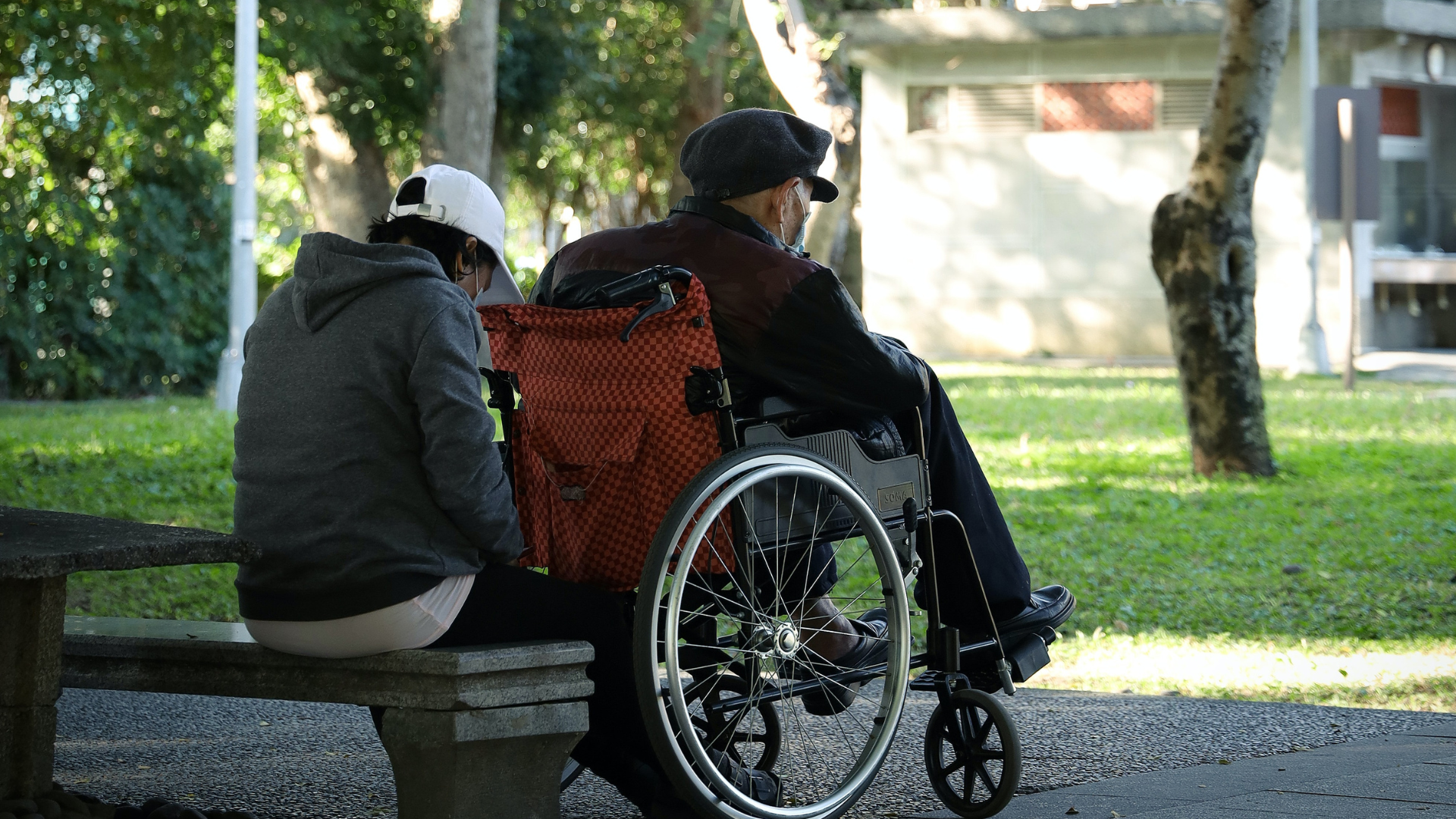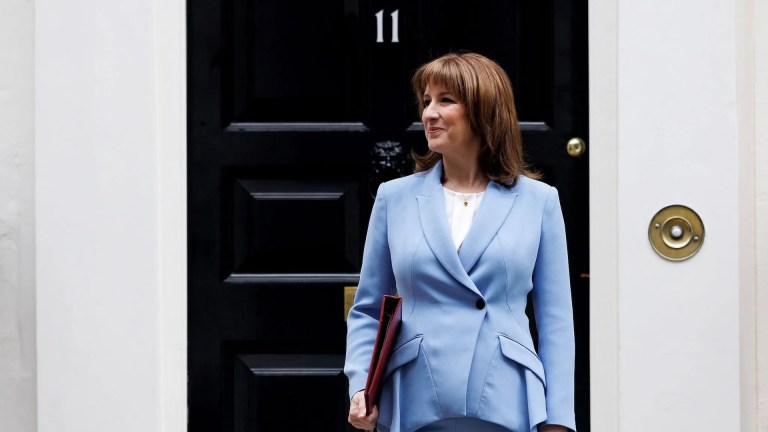However, Marsland pointed out many disabled people who currently receive these benefits will actually be losing out on government support over the coming months, as the eligibility for the warm homes discount scheme changes.
When the scheme reopens in October, people who earn a certain level of income and receive PIP, DLA or attendance allowance payments won’t be able to access the £140 discount.
“At the same time as this [cost of living] payment, the government has stripped the warm homes discount away from nearly 300,000 disabled people,” Marsland said. “It’s giving with one hand and taking away with the other.”
People living with disabilities are some of the hardest hit by the rocketing price of food and energy. A quarter of disabled people are already missing meals, while around 600,000 have less than £10 per week to pay for food and essentials, according to research by charity Leonard Cheshire.
Gemma Hope, Leonard Cheshire’s director of policy, said the £150 payment was “now an even smaller drop in the ocean” than when it was first announced back in May.
“Disabled people are not just facing spiralling costs, but also cuts to other financial support for heating bills, and benefit payments losing their value due to not keeping pace with historically high inflation,” Hope said.
Advertising helps fund Big Issue’s mission to end poverty
On average, disabled people face additional costs of around £583 per month compared to non-disabled people, often due to running specialist equipment.
Based on this calculation, the one-off £150 additional support from the government would benefit a disabled person for approximately eight days.
Announcing the £150 payment, minister for disabled people Chloe Smith acknowledged the fact that daily life is often far more expensive for disabled people.
“We know disabled people can face additional costs, which is why we are acting to help reduce the financial pressures on the most vulnerable,” she said.
“This £150 disability payment is on top of the £1,200 most low income benefit claimants will also receive and alongside wider support targeted at disabled people, including help with transport and prescription costs.”
However, many disabled people receiving PIP and DLA benefits will only be entitled to the £150 payment.
Advertising helps fund Big Issue’s mission to end poverty
Some MPs have condemned the “pitiful” £150 offer and called for it to be increased.
In a letter addressed to the DWP’s secretary of state Thérèse Coffey and chancellor Nadim Zahawi, Plaid Cymru’s Hywel Williams and Ben Lake said failing to up the payments would equate to the pair “sitting on [their] hands while disabled people struggle to choose between eating or continuing to use life-saving equipment”.
Fazilet Hadi, the head of policy at charity Disability Rights UK, welcomed the government’s recognition that disabled people often endure larger financial burdens, but said more help was needed.
“The proposed payment of £150 to six million disabled people receiving disability benefits such as PIP, DLA and AA, doesn’t scratch the surface of rising costs,” she said.
“With the benefit level increase earlier this year of 3.1 per cent and inflation running at 10.1 per cent and set to increase to 18 per cent, average energy bills increasing to a minimum of £4,000 per year, and food inflation spiralling, the additional £650 for people on means tested benefits and the £150 for those on disability benefits is just not enough.”
The payments will begin to be made from 20 September and the majority of those eligible can expect to receive their payment by early October.
Advertising helps fund Big Issue’s mission to end poverty









